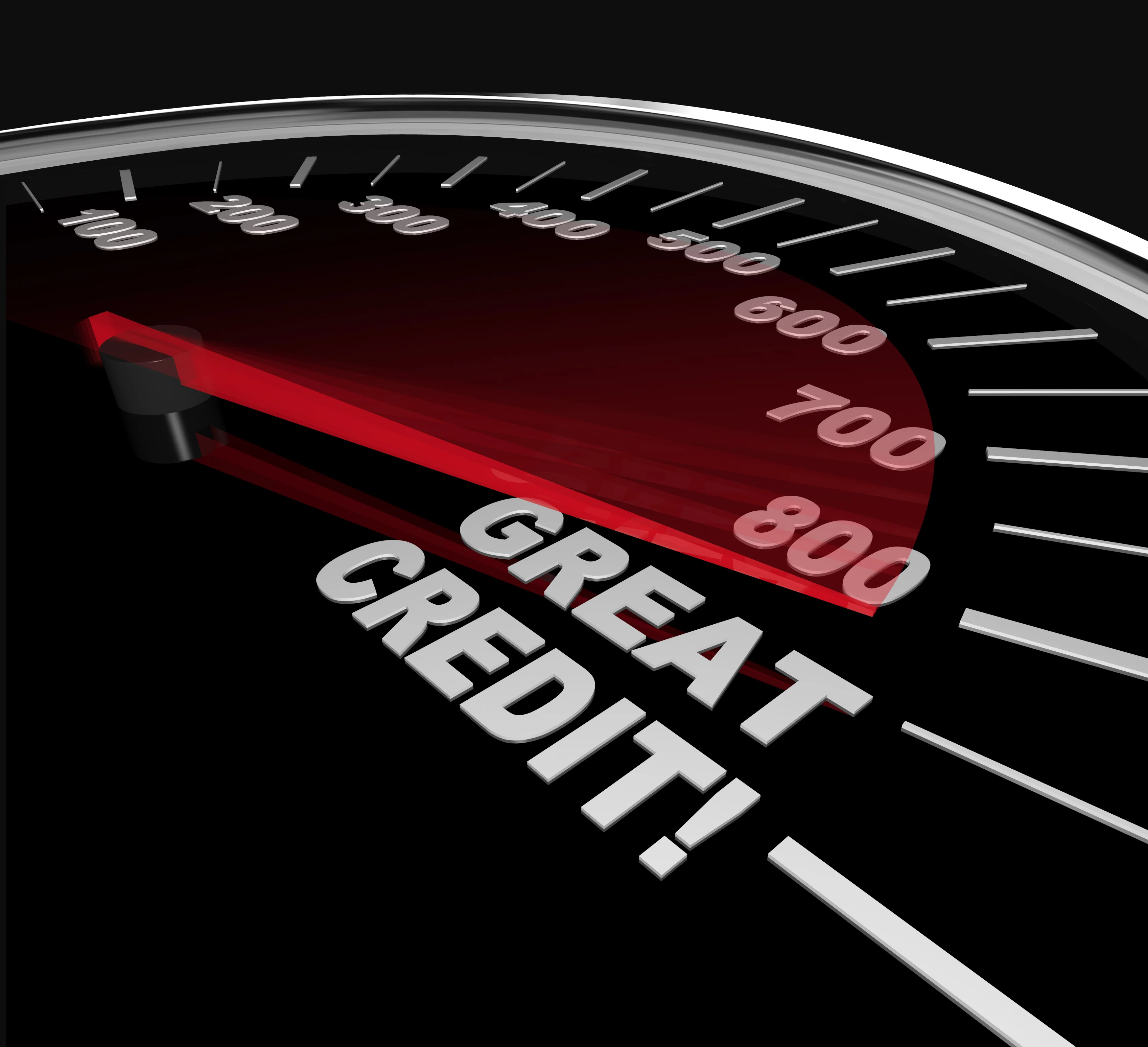We consider the role your credit score plays when you apply for vehicle finance, and note ways to improve your score so you can buy a car.
8 December 2022 · Fiona Zerbst

When you apply for finance to purchase a vehicle, your proposed creditor will review the status of your credit score.
This score is determined by your credit history and your loan-repayment behaviour. It directly affects the amount a creditor will lend you, and the interest rate you will be offered.
In this article, we consider the kind of credit score that will enable you to access vehicle finance, and how you can improve your score so you can buy a car.
Tip: For a free, detailed credit report, click here.
A good credit score should result in a good deal on a bank loan, says Lebogang Gaoaketse, head of marketing and communication at WesBank. Unfortunately, a low credit score will cause a poor result.
“Having a poor credit score will indicate to the bank that you are potentially a high-risk customer. This may result in you being offered a higher-than-average interest rate on a loan, and possibly even a limited loan amount,” he says - “that is, in the event that your loan application is even approved”.
It’s easy to access your credit score via your free annual credit report from one of the credit bureaus, or on a more regular basis, via an intermediary platform.
It’s worth noting, however, that vehicle financing companies have their own credit scores. These are generally based on their own predictive models.
“Information on how these work is not generally available to consumers - although they have the right to ask,” says Alison Magrath, executive manager of the Credit Bureau Association. “The vehicle financing companies are not likely to use credit bureau scores in the granting of credit.”
Nevertheless, the following scoring guideline can be used as a rough indication as to how confident credit providers may be about your ability to manage your credit:
It’s possible to take steps to ensure you have a good credit score, which will improve your chance of accessing vehicle finance.
In terms of regulation 23A of the national credit act, credit providers are obliged to conduct an affordability assessment on each consumer seeking credit. This assessment is required to cover your monthly income and expenses, and verifiy your expenses with a credit bureau.
A creditor can predict how you will pay your accounts in future according to your payment behaviour up until now, as reflected in bureau records. However, if your salary is too low or you are spending all of your income, you will be unlikely to be able to afford credit. This will affect your credit score.
If you think you are able to afford a vehicle, you can apply for a loan.
Why would an application be rejected?
Gaoaketse says you may be denied a loan for a variety of reasons, including affordability.
“This means your income may prevent you from getting the car you want,” he says. “Your car should not take up all of your disposable income.”
Another reason you may be turned down relates to your budget. “A creditor may decide you won’t have enough free cash after paying off other monthly debts, such as a home loan,” says Gaoaketse.
Alternatively, your application could be rejected because the finance structure you select is not manageable, for example, taking on too large a balloon payment.
Magrath says that, to increase your credit score, you need to make sure you pay your monthly accounts on time. If you’re in arrears, pay the outstanding amounts in full as soon as possible. Any unpaid loans will count against you.
“Another way to improve your credit score is to increase your income without increasing your debt,” she says.
Gaoaketse adds, “A credit card can help you build credit if you use it responsibly. It gives you the benefit of buying now and paying later, which demonstrates your ability to manage your debt versus income within your budget.”
Gaoaketse says opening and managing a bank account effectively is also a good way to demonstrate financial responsibility, which can count towards establishing a good credit history.
He notes that consumers should avoid applying for credit on a regular basis.
“Close non-essential clothing accounts, and only apply for credit when you want to buy a house or a car,” he recommends.
Tip: Bought the car of your dreams? Get an insurance quote here.
Free tool

info@justmoney.co.za
4th Floor, Mutual Park, Jan Smuts Drive,
Pinelands, Cape Town, 7405
© Copyright 2009 - 2024
Terms & Conditions
·
Privacy Policy
·
PAIA Manual
View your total debt balance and accounts, get a free debt assessment, apply for a personal loan, and receive unlimited access to a coach – all for FREE with JustMoney.